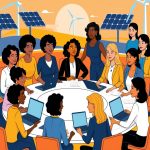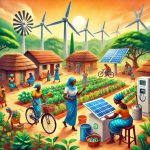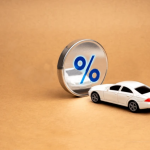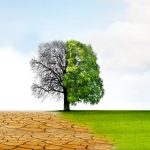Africa’s abundant renewable energy resources present a unique opportunity to address both the continent’s energy access crisis and gender inequality. According to the African Development Bank, despite substantial potential in solar, wind, hydro, geothermal, and biogenic methane, over 66% of Africans lack access to modern energy. In Sub-Saharan Africa, nearly 730 million rely on traditional solid biomass for cooking.
Energy poverty disproportionately affects women, especially in rural and peri-urban areas. Women often bear the brunt of traditional energy collection, spending significant time gathering firewood and other fuels. Additionally, the health risks associated with indoor air pollution from traditional cooking fuels largely impact women and children. Approximately, 600,000 deaths annually, primarily among women and children, are attributed to household air pollution from traditional fuel use.
According to the International Renewable Energy Agency (IRENA), only 32% of the renewable energy workforce consists of women, with many in administrative roles rather than technical positions. Their representation in leadership positions remains markedly low.
ENERGIA, the international network on gender and sustainable energy, asserts that by not recognizing women’s energy needs and failing to apply a gender lens to energy policies and actions contributes to perpetuating poverty, limited opportunities through drudgery and gender inequality. Access to clean and reliable energy can transform women’s lives by reducing their workload, improving health outcomes and creating economic opportunities. The promotion of women’s entrepreneurship, access to finance and training, and inclusion in energy service delivery are urgent to accelerate transformation. This necessitates a deliberate focus on women empowerment through the renewable energy value chain as professionals, suppliers, consumers and producers of renewable energy is essential.
Investing in Africa’s renewable energy sector can yield substantial economic benefits in addition to addressing energy poverty. Decentralized energy solutions, such as solar-powered mini-grids, offer particular opportunities for women’s empowerment. Innovative business models, such as pay-as-you-go solar solutions offered by M-KOPA, are demonstrating the potential to reach underserved populations, including women.
Africa’s renewable energy potential serves as a dual catalyst for addressing energy poverty and advancing women’s empowerment. By prioritizing gender equity and creating enabling environments, Africa can harness its renewable energy potential to build a sustainable and equitable pathway.






